
Asia offers diverse career paths and lifestyles, and the best choice depends on your personal priorities. According to Time Out’s ranking of the best cities in Asia for 2025 (Asia’s Best Cities in 2025), cities like Singapore, Tokyo, and Seoul are leading the way in quality of life, infrastructure, and career opportunities.
To help navigate these choices, we conducted a brief study on the pros and cons of living in these key cities, along with insights into the top industries shaping their job markets:
Hong Kong: A Global Financial Powerhouse
Top Industries: Finance, Legal & Compliance, Creative & Media
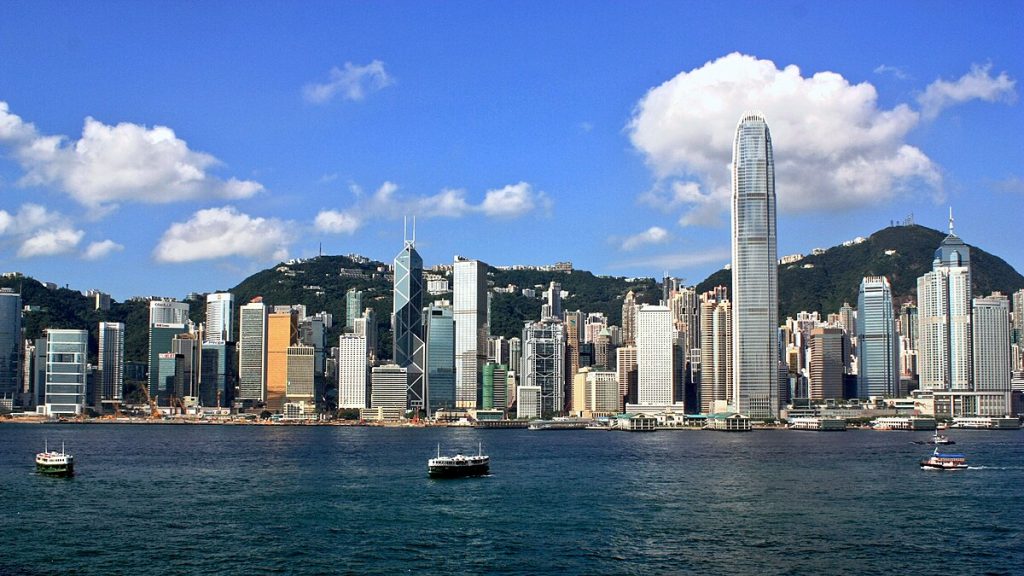
| Pros | Cons |
| Strong Finance & Business Sector – Always opportunities in investment banking, asset management, and fintech. | High Cost of Living – Rent and daily expenses can be pricey. |
| Low Taxes – Competitive tax rates make it appealing for professionals. | Long Working Hours – The finance and consulting sectors are known for demanding schedules |
| East-Meets-West Culture – A dynamic blend of international business and local traditions. | Market Uncertainty – Economic and political shifts may impact hiring trends. |
Singapore: A Tech and Business Hub
Top Industries: Technology & AI, Healthcare & Biotech, Sustainability & Green Tech
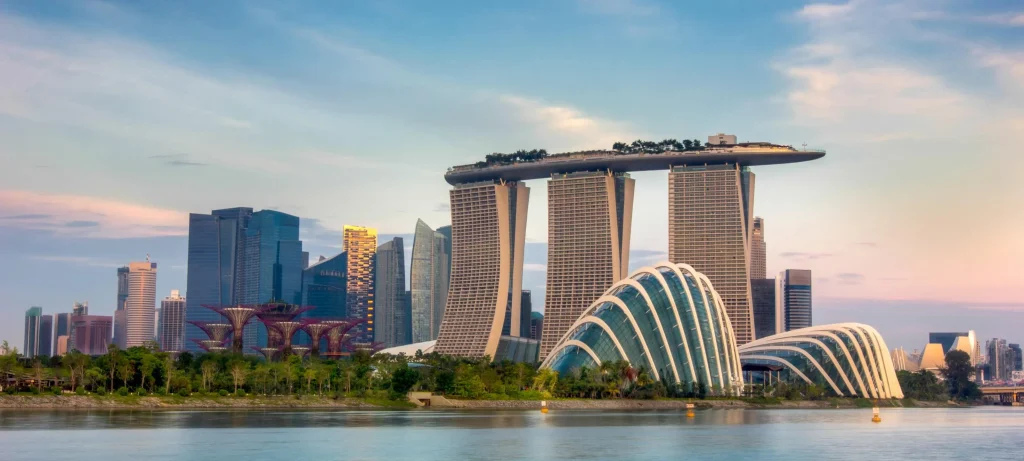
| Pros | Cons |
| Stable Economy – A strong job market in tech, finance, and sustainability. | Competitive Hiring Process – High demand for top talent, making it harder for fresh graduates. |
| Efficient Infrastructure – Clean, safe, and well-connected. | Strict Regulations – Visa and work permit rules can be challenging. |
| Multicultural Workplace – English is widely spoken, making it easier for international professionals to adapt. | High Cost of Living – Rent and daily expenses remain high. |
Shanghai & Beijing: China’s Rising Tech Giants
Top Industries: Tech & E-commerce, Manufacturing & Supply Chain, Entertainment & Gaming
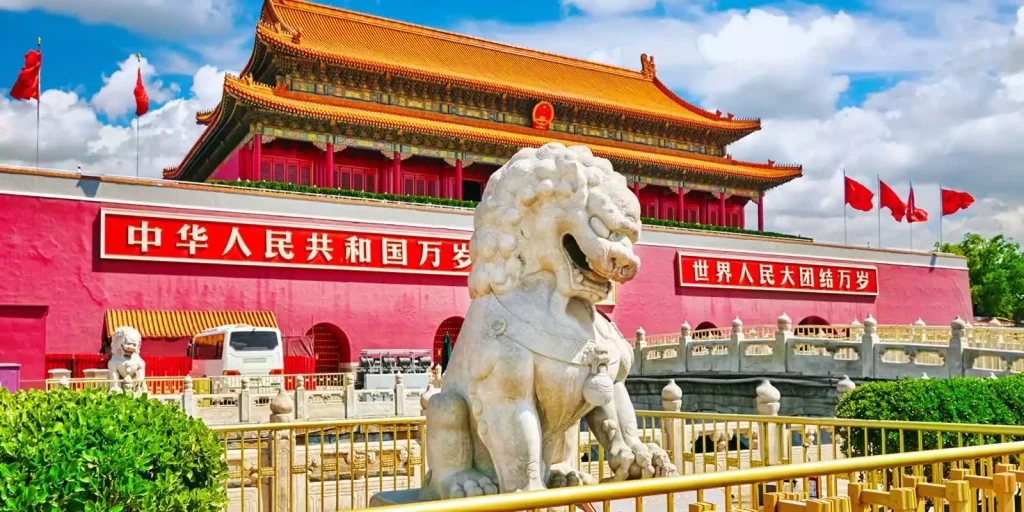
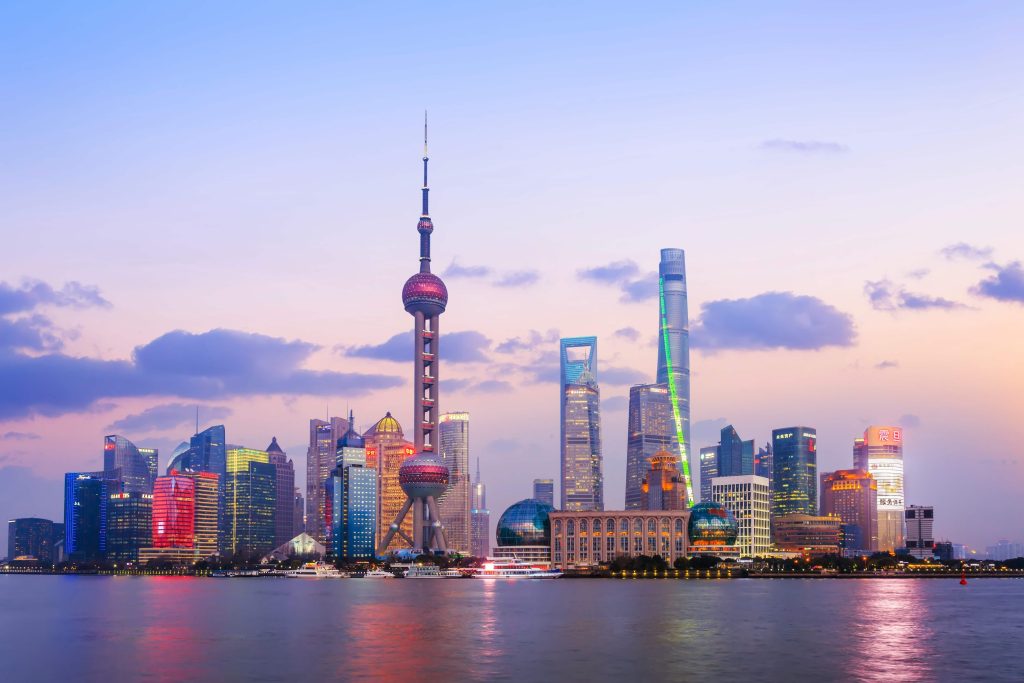
| Pros | Cons |
| Booming Tech & Business Scene – Major opportunities in AI, e-commerce, and robotics. | Language Barrier – Mandarin proficiency is often required. |
| Growing International Presence – Many global firms have a footprint in China’s major cities. | Work Culture – Intense schedules are common, especially in tech and finance. |
| Affordable Living (Compared to HK & SG) – Lower rent and food costs in many districts. | Internet Restrictions – Limited access to global platforms like Google and LinkedIn. |
Tokyo: The Hub of Innovation and Design
Top Industries: Automotive & Robotics, Finance & Consulting, Fashion & Design
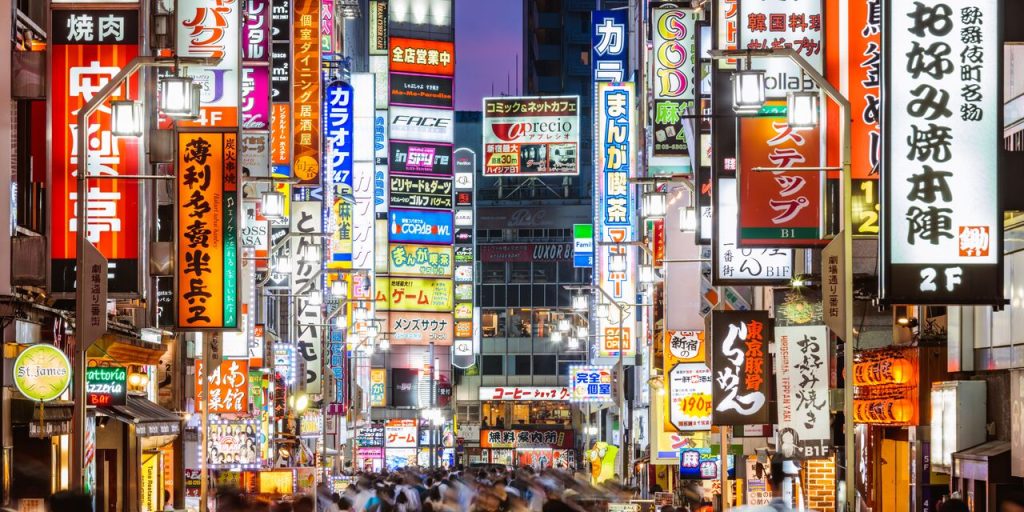
| Pros | Cons |
| Tech & Engineering Excellence – Japan leads in automotive, robotics, and AI. | Language Barrier – Many companies require Japanese proficiency. |
| Safe & Clean City – One of the most secure places to live. | Work Culture – Hierarchical structures and long working hours can be challenging. |
| Strong Cultural Scene – Opportunities in fashion, gaming, and design. | High Cost of Living – Rent and transportation can be expensive. |
Seoul: The Intersection of Tech and Pop Culture
Top Industries: Entertainment & Media, Tech & AI, Beauty & Cosmetics
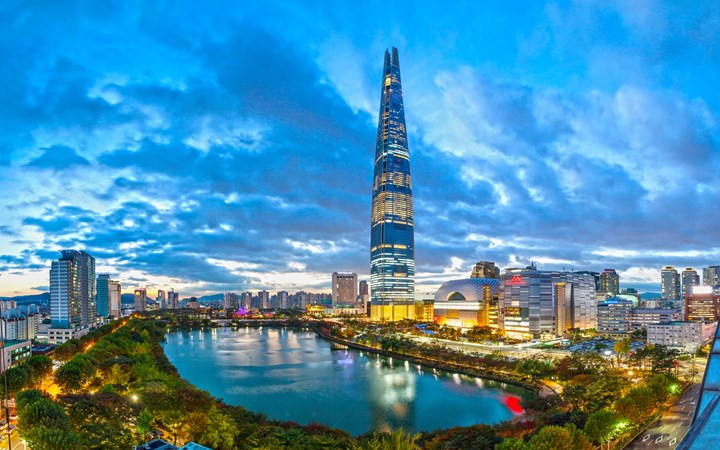
| Pros | Cons |
| Thriving Entertainment Industry – Careers in K-pop, gaming, and film are expanding. | Work Pressure – Competitive job market with long hours. |
| Affordable Public Transport – Well-connected metro system. | Visa Challenges – Work permits can be difficult for foreigners. |
| Vibrant Lifestyle – Great nightlife, food, and creative opportunities. | Housing Costs – Rent in central districts can be expensive. |
Choosing the Right City for Your Career
Ultimately, relocation isn’t just about job titles—it’s about long-term career growth, planning and finding a work culture that suits your personal goals. While each city has its strengths, the right choice depends on your career path and lifestyle preferences. Does this article align with your perspective? We’d love to hear your thoughts!